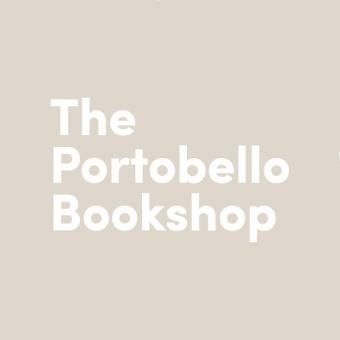The Organisation of Knowledge in Victorian Britain
Format:Hardback
Publisher:Oxford University Press
Published:26th May '05
Currently unavailable, and unfortunately no date known when it will be back

This collection of essays explores the questions of what counted as knowledge in Victorian Britain, who defined knowledge and the knowledgeable, by what means and by what criteria. During the Victorian period, the structure of knowledge took on a new and recognizably modern form, and the disciplines that we now take for granted took shape. The ways in which knowledge was tested also took on a new form, with oral examinations and personal contacts giving way to formal written tests. New institutions of knowledge were created: museums were important at the start of the period (knowledge often meant classifying and collecting); by the end, universities had taken on a new prominence. Knowledge exploded and Victorians needed to make sense of the sheer scale of information, to popularize it, and at the same time to exclude ignorance and error - a role carried out by encyclopaedias and popular publications. The concept of knowledge is complex and much debated, with a multiplicity of meanings and troubling relationships. By studying the Victorian organization of knowledge in its institutional, social, and intellectual settings, these essays contribute to our consideration of these wider issues.
It is a solid book: following an expansive, though-provoking introduction by Martin Daunton, seventeen essays range across a spectrum of institutions, disciplines, geographies of diffusion, and modes of validation ... a valuable and shrewd collection: much knowledge, well organized. * David S. Karr, History Journal *
ISBN: 9780197263266
Dimensions: 241mm x 163mm x 28mm
Weight: 828g
434 pages